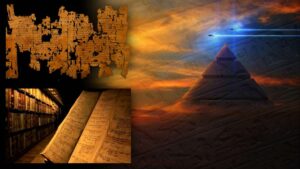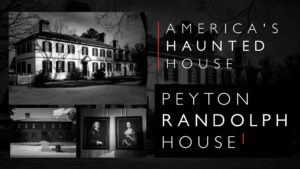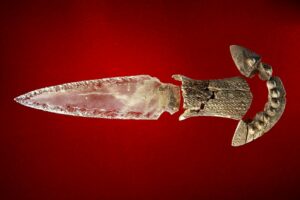The Oracle of Delphi was an ancient sacred place located in Delphi, Greece. It was a sanctuary dedicated to the Greek god Apollo and was considered one of the most important religious sites in the ancient world.
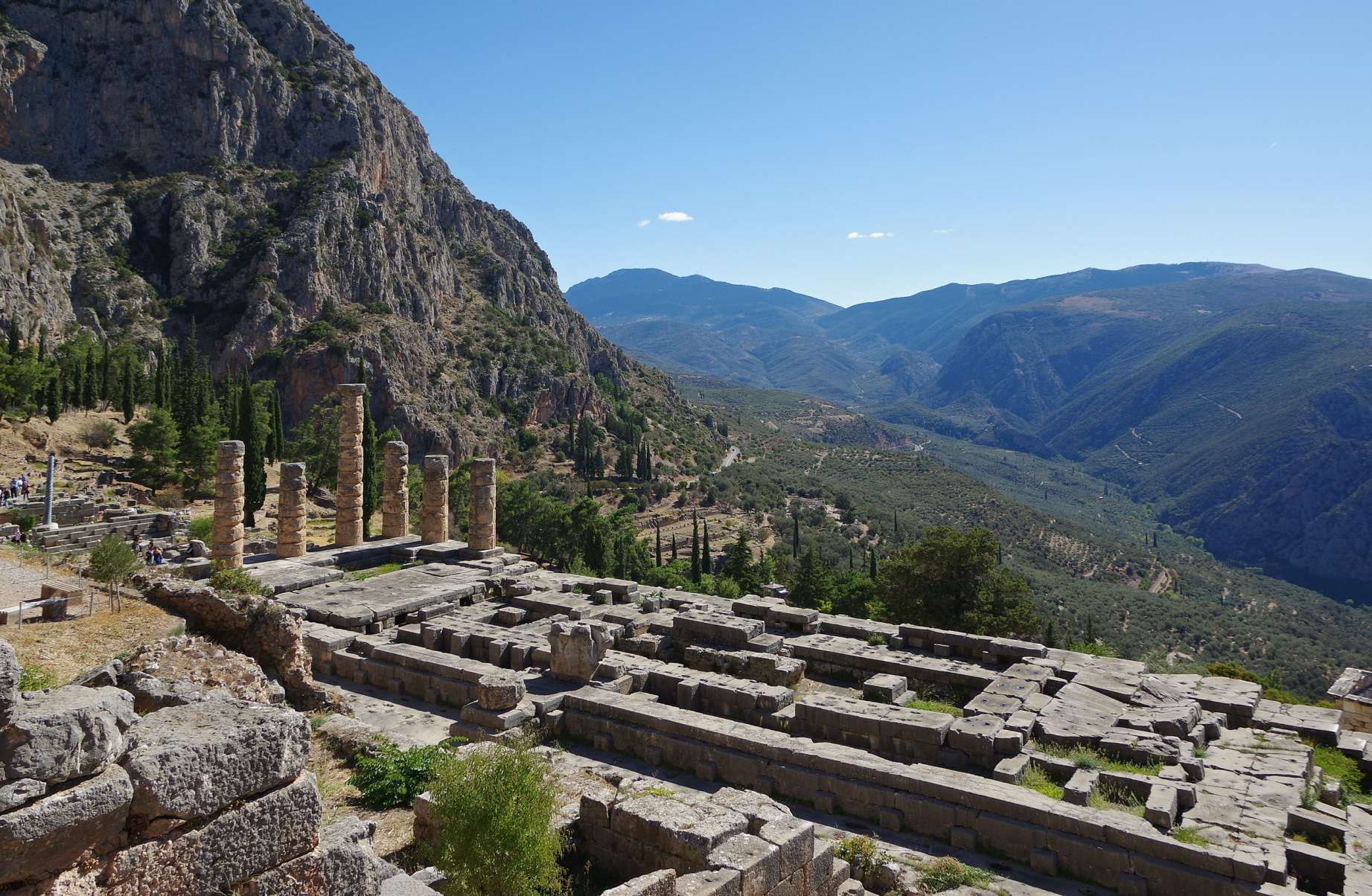
The centerpiece of the Oracle of Delphi was the Temple of Apollo, where the Oracle would deliver prophecies and predictions. The Oracle was a priestess known as the Pythia, who would enter a trance-like state and communicate the messages from Apollo to those seeking guidance or advice.
The Oracle of Delphi was believed to have the ability to foretell the future accurately, and people from all over the Mediterranean would travel to Delphi to consult with the Oracle. Kings, leaders, and ordinary individuals sought the Oracle’s wisdom in making important decisions such as going to war or establishing colonies.
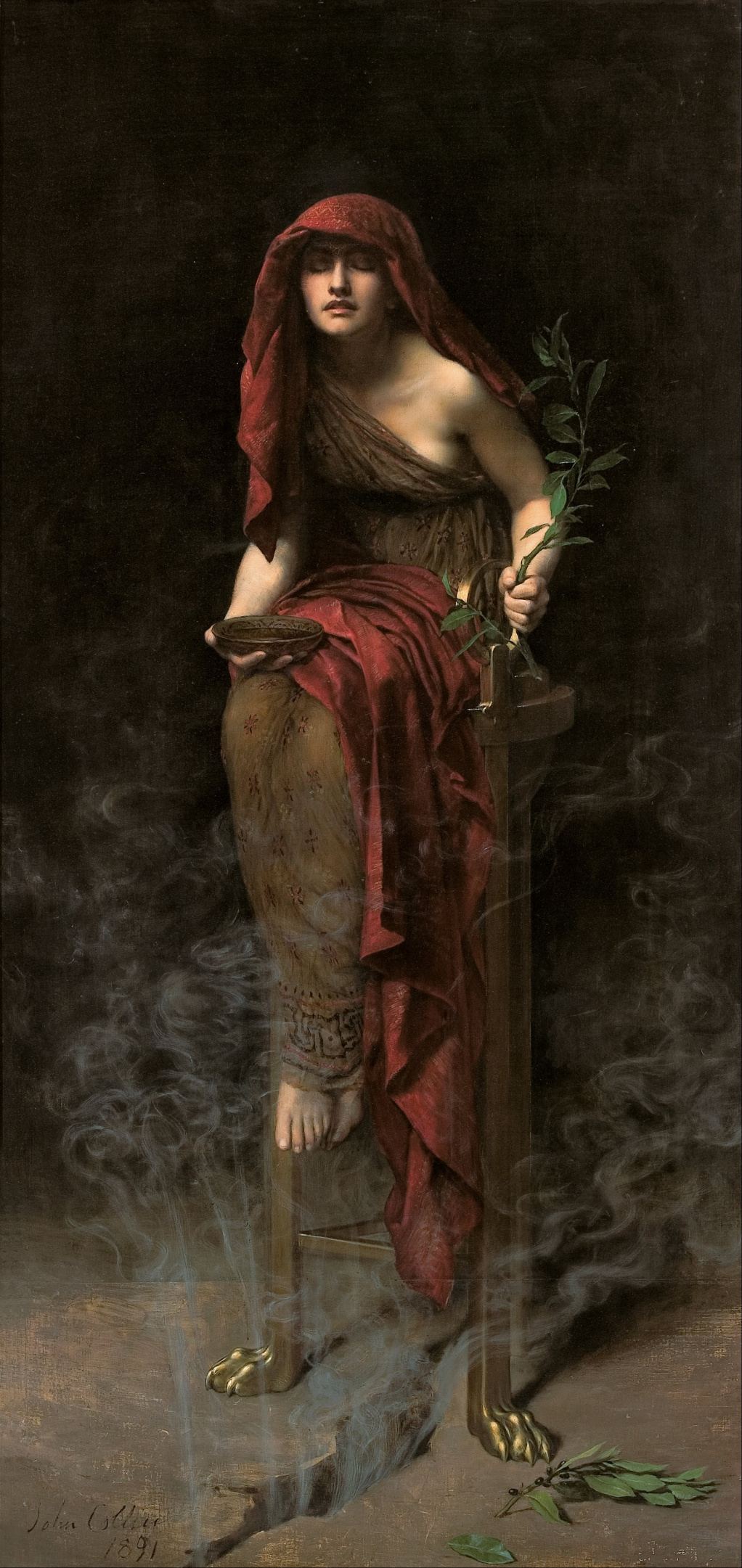
The Oracle of Delphi’s prophecies were considered so essential that even great conquerors like Alexander the Great visited Delphi to seek her advice before embarking on military campaigns. The Oracle was not only consulted on political matters but also on personal issues, such as marriages, trade agreements, and even health-related concerns.
The Oracle’s prophecies were often cryptic and open to interpretation, requiring the seeker to carefully consider the response and its possible meanings. The Pythia’s utterances were then interpreted by a group of priests known as the prophetai. The prophecies were highly regarded and influential, shaping the course of many historical events.
Apart from the Temple of Apollo, the Oracle of Delphi also consisted of other structures and monuments, including a theater, treasuries where valuable offerings were displayed, and an athletic stadium. The site was surrounded by stunning natural landscapes, with majestic mountains and the scenic valley of Phaedriades.
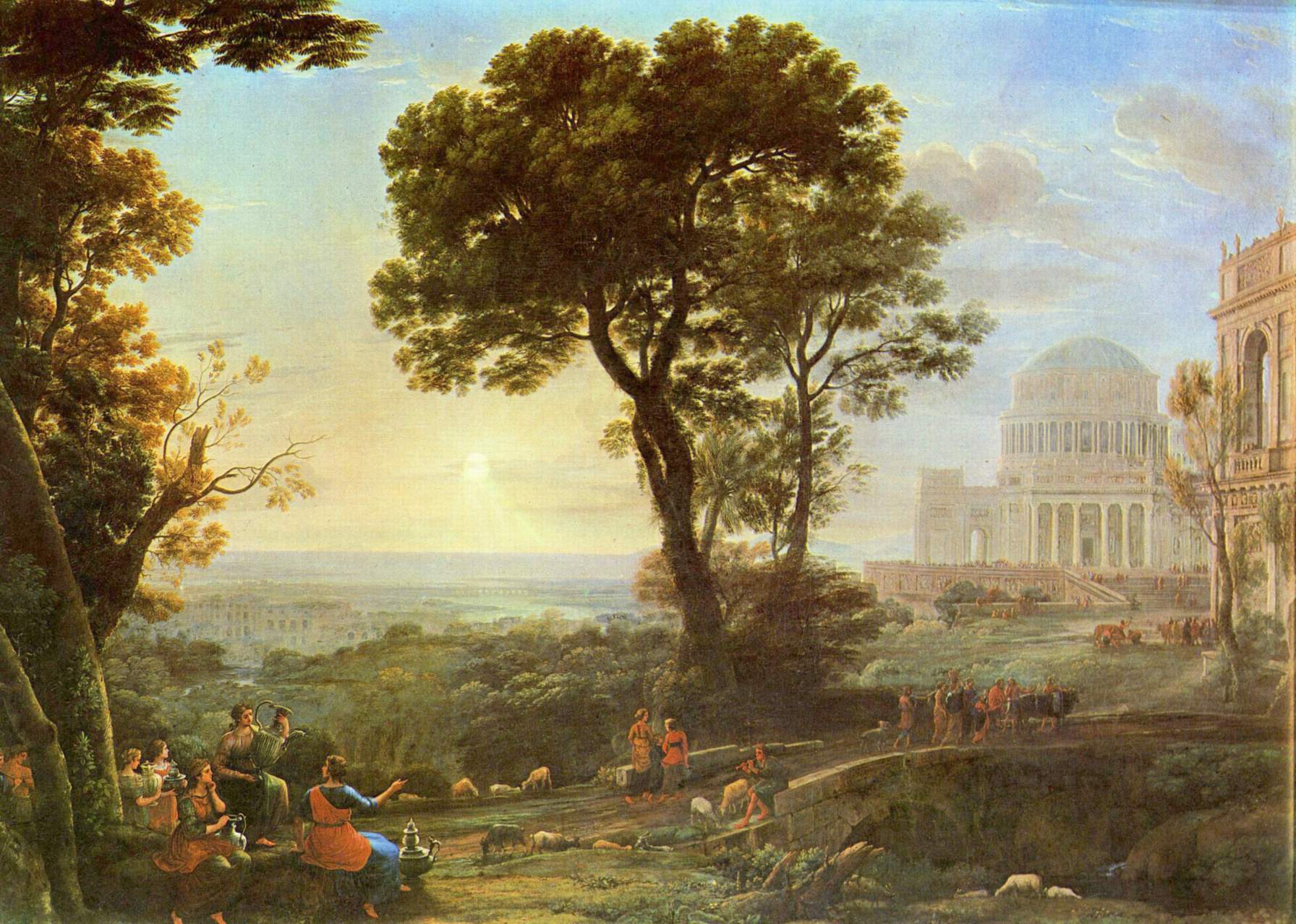
The Oracle of Delphi played a significant role in Greek mythology and history, with its influence spanning over several centuries. It was eventually destroyed during the Roman Empire’s conversion to Christianity, but its legacy as a powerful oracle and an essential spiritual site lives on in the annals of ancient Greece.


